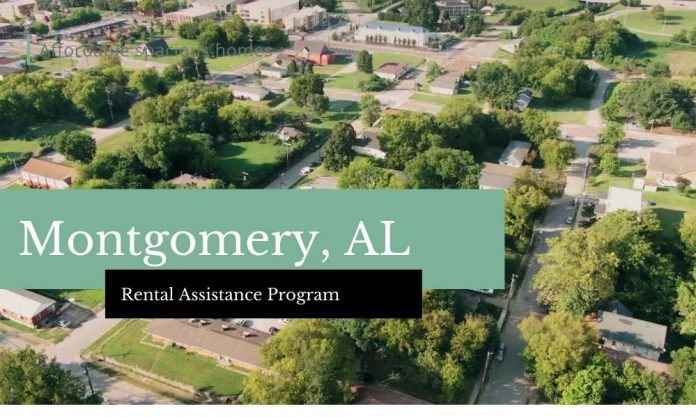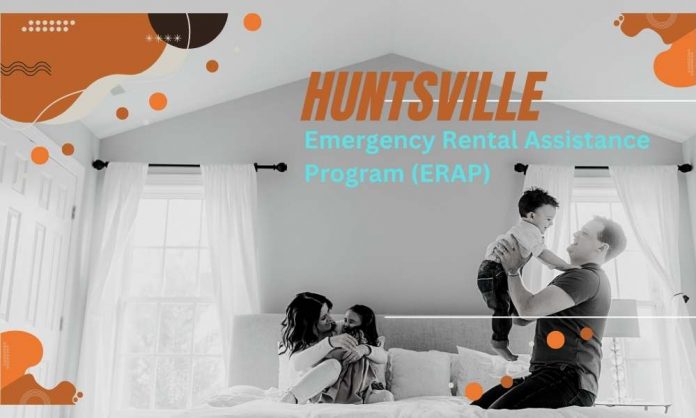Our Call Center is open during the following hours:
Monday through Friday, 8:00 a.m. to 4:00 p.m. Central Standard Time
Renters:
Have you had a drop in household income, suffered significant bills, or faced other financial difficulties as a direct or indirect effect of the coronavirus pandemic? If this is the case, please explain your scenario. If you become behind on your rent and/or utilities, you could be evicted or have your utilities turned off.
Landlords:
Are your tenants late on their rent?
There may be someone who can help you if you answered “yes” to any of the questions above. The US Treasury has given the County $12,376,572 for Emergency Rental Assistance (TERA1) through the Consolidated Appropriations Act, 2021 (CAA) and $9,793,002 for Emergency Rental Assistance (TERA2) through the American Rescue Plan Act of 2021 (ARPA). These funds will help low-income COVID-affected households pay for rent, utilities, and other eligible assistance. TERA1 and TERA2 have slightly different eligibility requirements. For example, TERA2 allows for assistance related to financial hardship during the pandemic rather than just because of the pandemic, which is what TERA1 only allows. Both programs still have funds available, and there is a chance that both programs could get more money through the US Treasury reallocation effort. There are many factors that will help the County decide which program to use, such as how soon it is, whether there are enough funds, how many months of help are needed, and how well someone explains their financial hardship.
The county is still taking online applications and has a phone center to help new and existing applicants. Renters, as well as landlords who act on their behalf, can apply for help. The renter must show proof of eligibility and sign the application. For a home to be eligible, certain rules must be met. Not all homes will be able to get help.
Those who qualify for assistance with rent and utility bills
- From March 13, 2020, to the present, there is a rental debt.
- When will I be allowed to move in there permanently?
- Including utility and energy bills that have not yet been paid (electricity, gas, water, and sewer), trash collection, and energy costs such as LP gas, as well as any outstanding utility and energy bills
TERA1 allows you to receive assistance for a maximum of 15 months. TERA2 provides assistance for a period of up to 18 months. If you do receive rental assistance in the future, it will not be for more than three months at a time. Applicants must submit a new application for assistance every three months. They will only be assisted if they meet the qualifications and there are finances available to assist them.
The Renter Eligibility Requirements
- You must live in Mobile County, Alabama, and be obligated to pay rent on a residential housing unit there. There are unincorporated areas within Mobile County, in addition to all of the municipalities that make up the county.
- When (i.e., March 13, 2020 and onward) or as a result of the coronavirus pandemic (conditions change depending on whether TERA1 or TERA2 is employed), one or more members of the family are experiencing financial difficulties.
- You might be qualified for unemployment benefits, or you might be able to get a job.
- Have you seen a drop in your family’s income?
- Significant financial responsibilities have been incurred,
- Other financial problems have arisen.
- An eviction notice and/or a notice of past-due utility or rent payments can be used to warn that a household is in danger of becoming homeless or experiencing housing instability. Other evidence of risk includes being substantially rent-burdened (having housing expenditures equal to or in excess of 50 percent of income) or possessing other persuasive evidence (in the opinion of the County) that indicates a high level of risk.
- In order to be eligible, the applicant’s household income must be equal to or less than the HUD’s 80 percent AMI.
Requirements for Income
Based on the number of people in your household (including yourself) and the size of your family, your household income for 2020, or your estimated household income for 2021, must be at or below the amount shown in the chart.
| 80% Income Threshold Requirements | ||||||||
| Number of Persons in Household | 1 | 2 | 3 | 4 | 5 | 6 | 7 | 8 |
| Annual Household Income |
$32,700 | $37,400 | $42,050 | $46,700 | $50,450 | $54,200 | $57,950 | $61,650 |
You should keep in mind that both the renter and the landlord, if the landlord is applying on the tenant’s behalf, will be required to register an account on the website, complete and submit an application. When you register for a Mobile County government account at https://www.mobilecountyal.gov/grants/rental-and-utility-assistance/, you will receive an email with a link to the rental and utility aid application.
What You Should Expect:
Application for Tenant
- Households who apply directly might expect the following benefits:
- You will be required to submit photocopies of a number of different papers.
- To register with the system, your landlord will be needed to furnish us with the following information:
- Alternatively, you could notify your landlord that you are seeking aid and that they would be asked to sign the application; or
- It is possible to have your landlord complete the LANDLORD application on your behalf; however, you will still need to provide additional documentation to demonstrate your income and COVID-related financial hardship.
Application for a Landlord
- To landlords who submit rental applications on behalf of tenants:
- To be eligible for a TENANT application, the tenant must complete and submit it, along with supporting paperwork demonstrating their income and financial hardship caused by COVID.
Payments
- All payments will be sent immediately to the landlord and/or utility provider, or directly to the household if all other alternatives have been exhausted before sending the payment.
- All contributions must be used to pay the tenant’s rental and utility bills, as well as any other housing-related expenses (as may be allowed by Treasury).
- During the time period covered by any TERA payment, the landlord may not evict a tenant for nonpayment of rent during that time period (including months covered by any future rent payments).
- Beyond the term covered by any TERA payment, the landlord is encouraged (but not required) to consider giving an extended period of time (for example, 30 to 90 days) for non-eviction.”
Prioritization
Households with very low income (less than 50 percent of AMI) and/or households with one or more adults who had been unemployed for the previous 90 days were given precedence in applications received within the first 75 days of the program’s implementation (i.e., until May 14, 2021).
On May 15, 2021, subject to funds availability, an application examination will be conducted in the order of filing, with priority given to those cases that entail rent and/or rent and utility payments, rather than utility payments alone. Additionally, applicants who qualify for the Eviction Prevention Program and those seeking additional funds to supplement prior assistance to keep their homes will be given priority for TERA2 financing (see also Eviction Prevention Program – COVID for additional information).
The United States Treasury Department
The Mobile County TERA Program was designed in compliance with the US Treasury’s Overview and Requirements.

Originally from Toronto, Canada, Denise Madison, age 34, is an expert in housing policy and rental assistance. Denise earned her Master’s in Public Administration from McGill University, focusing her thesis on the effectiveness of rental assistance programs in major Canadian cities. After graduation, she worked with the Canadian government before transitioning to a consulting role in the United States, aiding in the enhancement of federal housing policies and programs. Denise is known for her practical workshops and seminars aimed at landlords and tenants, fostering better understanding and compliance with housing laws. When not at work, Denise cherishes time with her husband and their three young children, exploring the outdoors and teaching them about the importance of community involvement.



